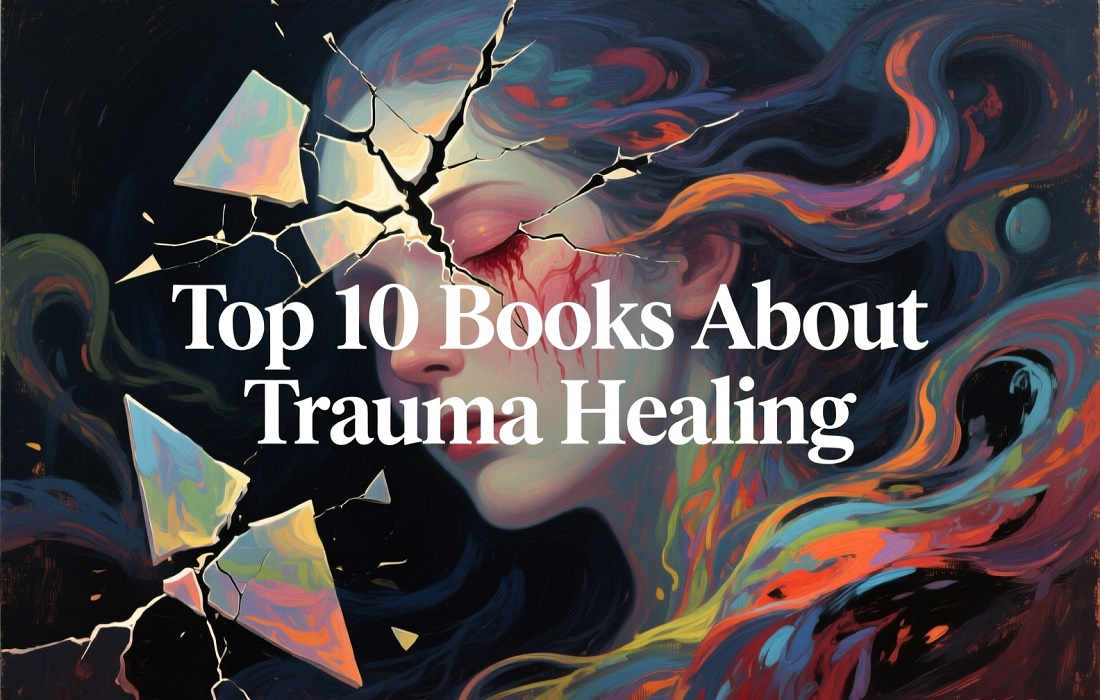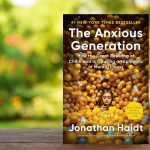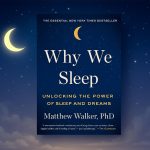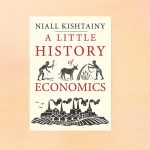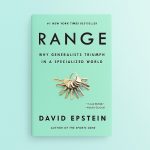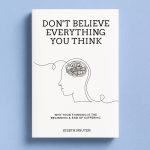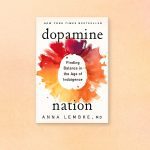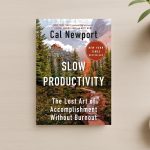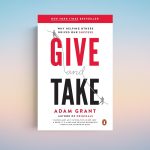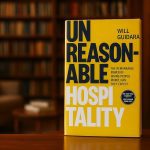Trauma leaves a deep imprint, not just psychologically, but on the body and nervous system. In recent years, both Amazon and The New York Times bestseller lists have brought public attention to books by psychologists, neuroscientists, and therapists who combine decades of clinical work with cutting‑edge research. These titles demystify the healing process, offering scientific insights into PTSD, developmental trauma, and the brain–body connection, while giving readers practical tools for recovery. This Top 10 Books About Trauma Healing are the most influential and credible works, each grounded in evidence‑based approaches, so readers can move beyond survival toward lasting healing.
Top 10 Books About Trauma Healing
1. The Body Keeps the Score by Bessel van der Kolk
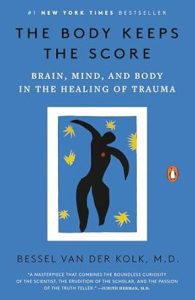
One of the most recognized trauma books of all time, this work explains how trauma reshapes the brain and body, influencing mood, memory, and relationships. Drawing from neuroscience, psychology, and somatic therapy, van der Kolk shows how treatments like EMDR, yoga, and neurofeedback work to restore balance. His decades of clinical experience make this a landmark guide to understanding trauma’s mechanisms and the pathways to healing.
+ Book Summary of The Body Keeps the Score by Bessel van der Kolk
2. What Happened to You? by Bruce D. Perry & Oprah Winfrey
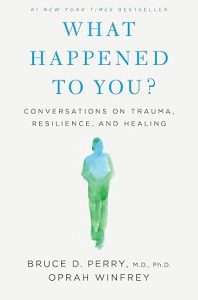
This bestseller reframes the question from “What’s wrong with you?” to “What happened to you?” Neuroscientist and child psychiatrist Perry, alongside Oprah, explores how experiences shape brain development and behavior. Through science and narratives, they offer a compassionate view of trauma’s impact and the importance of supportive relationships in healing.
3. Trauma and Recovery by Judith Lewis Herman
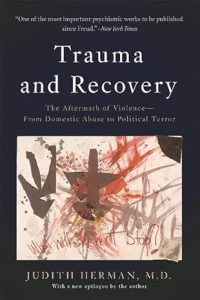
First published in the 1990s and still a foundational text, Herman outlines the stages of trauma recovery – from safety and remembrance to reconnection. Drawing on cases from domestic abuse to political violence, she integrates psychiatry, history, and social analysis to show how private suffering is tied to public systems.
4. In an Unspoken Voice by Peter A. Levine
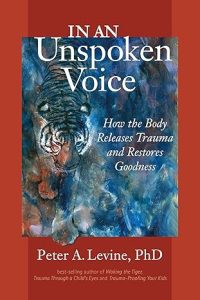
Levine, creator of Somatic Experiencing, blends biology, psychology, and personal narrative to show how the body can heal from trauma. His central thesis: trauma isn’t in the event but in the body’s response. Case studies and guided exercises help readers restore self‑regulation and resilience.
5. Healing the Fragmented Selves of Trauma Survivors by Janina Fisher
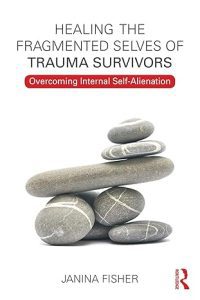
Written for therapists and clients alike, Fisher offers strategies to work with the “fragmented” parts of the self that form as survival adaptations. Drawing on neurobiology and Internal Family Systems (IFS), she explains how to integrate these parts for cohesive healing.
6. The Deepest Well by Nadine Burke Harris
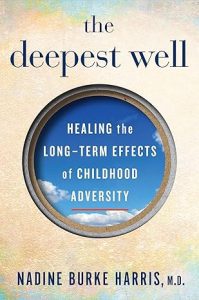
This physician’s memoir and advocacy piece focuses on Adverse Childhood Experiences (ACEs) and their lifelong health effects. Combining research with clinical stories, she shows how early interventions and understanding resilience can change long‑term outcomes.
7. Transforming the Living Legacy of Trauma by Janina Fisher
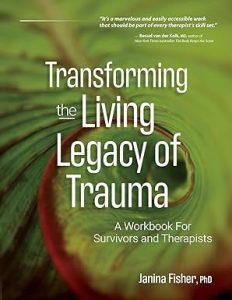
Fisher expands on her clinical tools, offering worksheets and techniques for readers to understand and work through trauma’s ongoing effects. The book bridges psychoeducation and self‑help, keeping the science accessible.
8. It Didn’t Start with You by Mark Wolynn
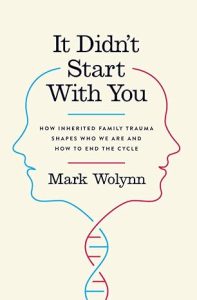
This bestseller tackles inherited family trauma, integrating epigenetics, attachment theory, and case histories. Wolynn shows how unresolved family pain manifests in symptoms and patterns – and how targeted exercises can break the cycle.
9. The Myth of Normal by Gabor Maté
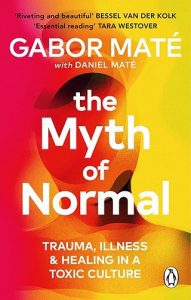
Drawing connections between trauma, chronic illness, and cultural norms, Maté critiques modern society’s role in disconnection and disease. He offers compassion‑based strategies to support integration and healing.
10. Complex PTSD: From Surviving to Thriving by Pete Walker
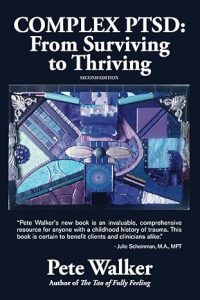
Specializing in complex trauma, Walker offers practical coping strategies for emotional flashbacks, toxic shame, and self‑abandonment. His work blends psychoeducation with survivor‑level understanding, making it a hands‑on guide to recovery.
Conclusion: Top 10 Books About Trauma Healing
Modern trauma research has shifted the conversation from “what’s wrong with you” to “what happened to you – and how can your system recover?” These Top 10 Books About Trauma Healing from psychologists, psychiatrists, and therapists offer a combination of science, patient narratives, and practical healing strategies. Together, they form a rich library for anyone beginning or deepening their journey toward resilience.
Engage with Us: What Are Your Favorite Books?

